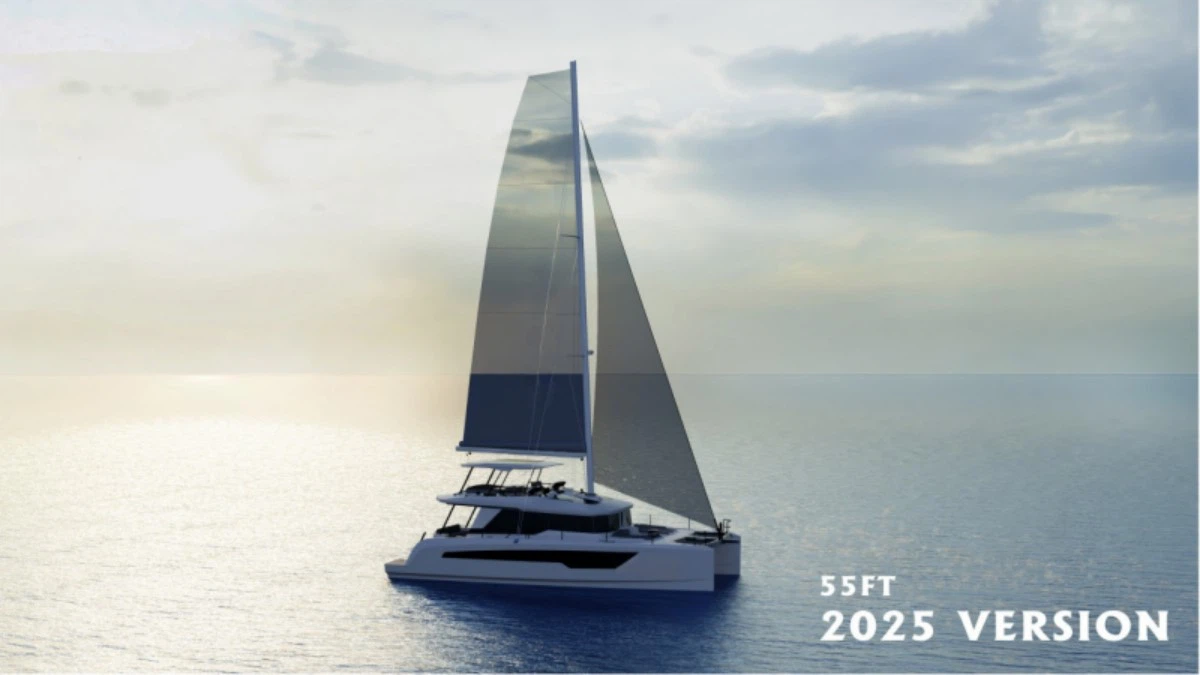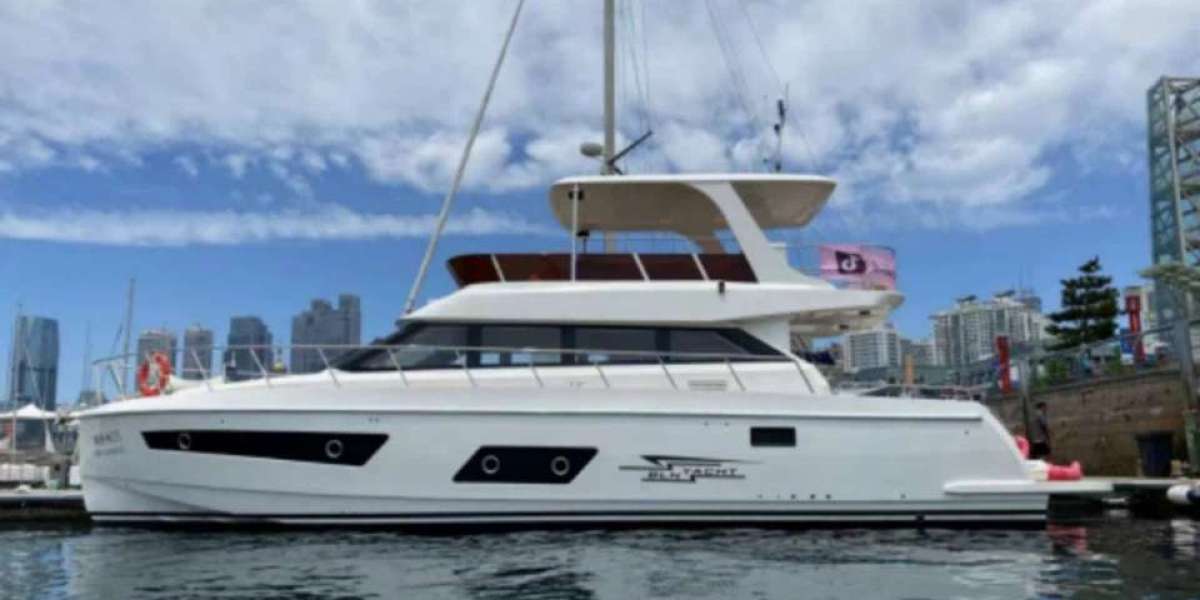The marine industry is undergoing a remarkable transformation, with modern technologies and materials reshaping the way we design, build, and navigate vessels. At the forefront of this change is the Aluminum Alloy Boat, an innovation that combines strength, safety, and efficiency like never before. From passenger boats to fishing vessels and work boats, aluminum has proven itself to be the material of the future in marine construction.

Let’s explore how aluminum alloy boats are redefining marine travel for both commercial and recreational use — setting new standards for performance, sustainability, and safety.
The Rise of Aluminum Alloy Boats
Traditionally, boats were made of wood, fiberglass, or steel — each with its own strengths and weaknesses. However, modern boat builders have increasingly turned to aluminum alloys, which provide superior durability and flexibility.
An aluminum alloy boat is crafted from high-strength marine-grade aluminum, offering a perfect balance between lightweight design and exceptional resistance to corrosion. This makes it ideal for use in all types of water — from calm lakes and rivers to harsh ocean environments.
Unlike steel, aluminum doesn’t rust, and unlike fiberglass, it doesn’t crack or delaminate. These characteristics give it a much longer lifespan, making it one of the most cost-effective materials in marine engineering today.
Safety and Durability: The Core of Marine Design
When it comes to marine travel, safety is non-negotiable. The robust hull of an aluminum alloy boat provides unmatched protection against impact, grounding, and collision. Aluminum’s natural flexibility allows it to absorb shocks without breaking, a major advantage over brittle materials like fiberglass.
Additionally, aluminum’s non-combustible nature enhances onboard safety — an important consideration for Passenger Boats, work boats, and fishing vessels operating with fuel or engines on deck. Its resilience in extreme weather conditions ensures consistent performance, even under heavy loads and high-speed navigation.
For professional mariners, this durability means reduced repair costs and minimal downtime, making aluminum boats a practical choice for long-term operations.
Efficiency and Performance on the Water
Lightweight construction is one of the biggest advantages of aluminum boats. A lighter vessel means better fuel efficiency, faster acceleration, and smoother handling. Whether it’s a fishing boat cruising offshore or a work boat transporting heavy equipment, aluminum’s weight-to-strength ratio translates into tangible savings in both time and energy.
Many commercial operators have reported significant reductions in fuel consumption after switching from steel or fiberglass boats to aluminum alloy designs. This not only lowers operating costs but also reduces carbon emissions — making aluminum boats an environmentally responsible option.
Versatility Across All Marine Applications
The versatility of aluminum alloy construction has revolutionized multiple sectors of the marine industry.
Passenger Boats: Aluminum boats offer a safe and comfortable travel experience for ferry passengers and tourists. Their lightweight hulls allow for higher speeds and smoother rides, while their durability reduces maintenance costs.
Work Boats: Used in offshore support, dredging, and rescue operations, work boats made from aluminum can endure long working hours in tough marine environments without structural fatigue.
Fishing Vessels: From small coastal fishing boats to large trawlers, aluminum construction provides stability, corrosion resistance, and easy customization for various fishing needs.
Because aluminum is easy to cut, weld, and shape, builders can create boats of nearly any design — from sleek leisure crafts to industrial vessels designed for demanding workloads.
Sustainability and Environmental Benefits
The global shift toward sustainability has placed aluminum at the center of eco-friendly boatbuilding. Unlike fiberglass, which is difficult to recycle, aluminum is 100% recyclable without losing its quality.
Producing and recycling aluminum consumes significantly less energy than manufacturing steel, which helps lower greenhouse gas emissions. Moreover, the longevity and reusability of aluminum boats mean fewer replacements over time — reducing waste and promoting long-term sustainability in marine industries.
As governments and organizations around the world adopt stricter environmental standards, the demand for aluminum alloy boats continues to rise.
The Future of Marine Travel
With their unmatched combination of strength, safety, and efficiency, aluminum alloy boats are shaping the future of marine transportation. They embody the principles of modern engineering — lightweight design, environmental responsibility, and long-lasting performance.
From passenger boats to Fishing Vessel and work boats, aluminum’s adaptability ensures it meets the evolving needs of marine professionals and recreational users alike. As innovation continues, future aluminum boat models are expected to feature even greater energy efficiency, smart navigation systems, and enhanced safety technologies.
Conclusion
The aluminum alloy boat is more than just a modern alternative — it’s the future of marine travel. Its superior strength, safety, and efficiency make it the material of choice for builders and operators across the globe. Whether it’s a busy work boat, a dependable fishing vessel, or a high-speed passenger boat, aluminum ensures performance, reliability, and sustainability on every journey.
As the marine industry continues to evolve, aluminum alloy designs will remain at the forefront — redefining what it means to travel safely, strongly, and efficiently across the water. https://www.linkgreatsboat.com/



